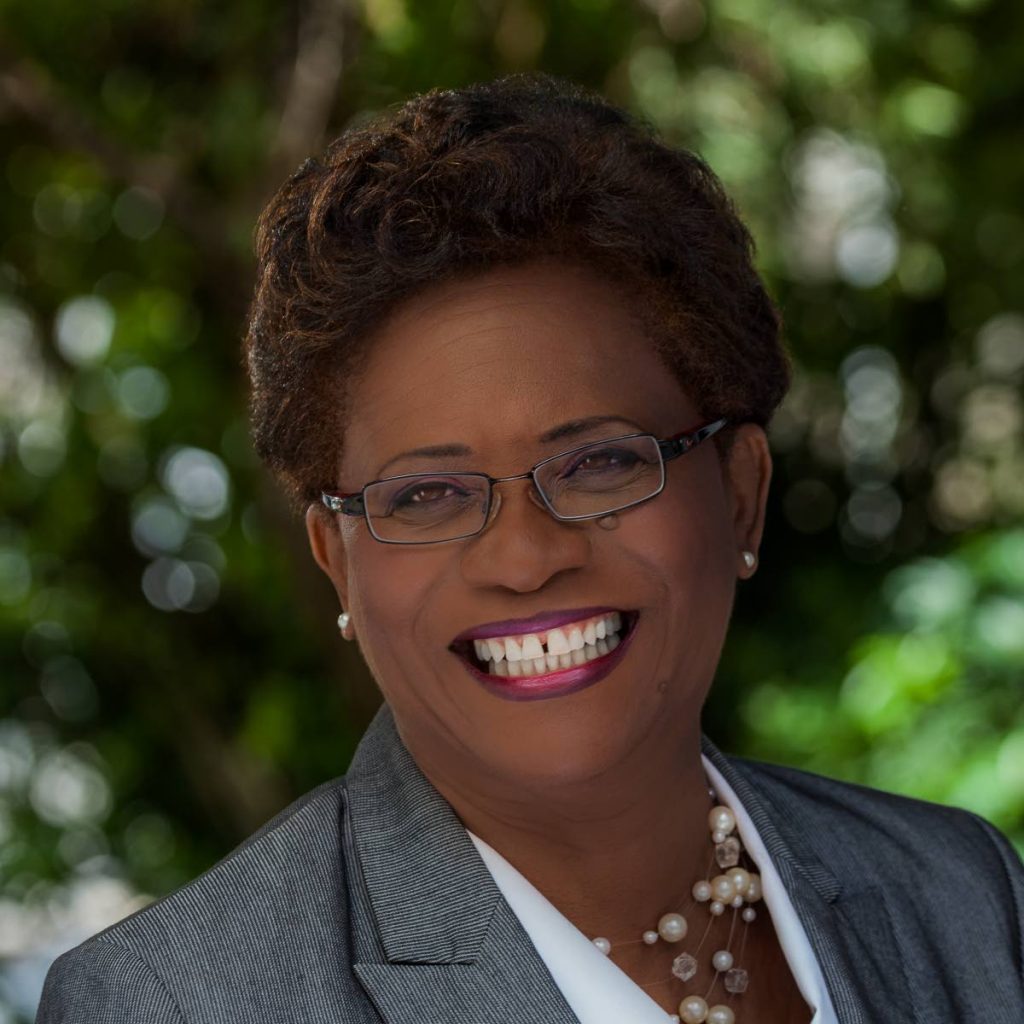Healing TT of violence

IT IS often said, almost to the point of being cliche, “It takes a village to raise a child.”
But does it take a village to heal a nation and prevent violence? To Elder Associates Ltd it does.
As the service organisation gets set to celebrate 25 years, it will be hosting its annual conference with this year’s theme being Transcending Boundaries Together: Violence Prevention, an integrated community approach.
The conference will be held on September 14 at Hyatt Regency, Port of Spain.
Dr Natalie Humphrey and Dr Patricia Elder said while they welcome law enforcement to attend, the conference is also for “teachers, healthcare providers, business owners, employers, people who work in energy sector, janitors.” Humphrey is a clinical psychologist and Elder is the organisation’s founder. It was started in 1993.
The conference will feature US-based safety specialist Rick Shaw, criminologist Renee Cummings, Dr Sarwan Boodram, combat specialist, and Dr Sharon-Ann Gopaul-McNicol, clinical psychologist.
Elder believes that TT is a suffering society. When asked if it was a hurting society, Elder said she would not use the word hurting but rather suffering.
“TT is a suffering society. That is the word I use. Because the people that I know who use our services and those who don’t use our services, when you start to talk with them, inevitably they have a story of hurt and of suffering. And they don’t know where to put that except, in some maybe inappropriate behaviour. Not that we are different from anyone else. But yes, we are suffering,” she said at the organisation’s Picton Street, Port of Spain office.
While, to date there have been 364 murders, Humphrey, who is Elder Associates’ clinical director, believes that “Trinidadians are not violent people. They are taking violent actions.”

And there is no direct answer as to what causes this violence. Violence, Elder and Humphrey said, has multiple determinants–poverty, trauma and what people are exposed to being among them.
“There have been a number of things that may or may not have happened in the country over the last 20 years that could have contributed to the increase in violence. One of those things could be poverty,” Humphrey said.
She said, internationally, when a country has increased rates of poverty, there is violence to match that. “Because when people are hungry or basic needs are not met and it is not very clear how to get those needs met, often times that can breed violence,” Humphrey said.
What people are exposed to is also another important factor when looking at an increase in violence. “So if people are exposed to a lot of violence when they are learning how to solve problems early in their life. As they become adults, they continue to use violence...
“When you see there is no effective solution to that, you may adopt those behaviours yourself,” Humphrey said.
When people have really frightening things happen to them and those things are just put aside and not dealt with directly, it can make it hard for people to recover, Humphrey said. It can then cause “all types of problems with dealing with emotions which makes people respond violently when they get upset or overwhelmed.”
The organisation said to reduce violence, in any society, where the suffering is must be looked at. “What are the solutions that are offered to prevent suffering. What are people exposed to, what types of resources are available to people after they’ve been exposed to violence,” she asked.
The organisation’s profile says a “significant portion” of its clients present with a history of traumatic experiences; such as sexual violence, intimate partner violence, community violence and traumatic loss. “One of the things we have access to is information about people who are at-risk,” Elder said.
She added that most people know someone who experienced significant trauma and these people are the ones considered to be at-risk.
Humphrey said Elder Associates received thousands of people each year and a lot of them came in after a loved one was shot or killed.
“And they always say, I saw the signs. I had an idea something was not right. I thought my brother, or my cousin, or my husband, or my sister, was going to become violent but I could not put my finger on it and I did not know who to talk to, I did not know what to do and I did not know there was anything out there to help me with that,” Humphrey said.
The conference, she added, will provide multiple perspectives on how people can recognise that they or anyone in their community are at-risk for violence and what they can do, safely (without putting their safety at-risk).
Humphrey said in societies where people report being happier or where there were reports of less violence, it was not that people suffer less but what is done with the suffering.
“What do I have available to me to solve my problems. Who is around me? Can I count on my healthcare providers to help me with my depression? Can I count on the financial system, to help me to make ends meet? Can I count on my employer for security? So resources in TT relative to the amount of financial income that the country has do not match up,” Humphrey said.
Both Humphrey and Elder believe that an integrated model is necessary in reducing violence in TT, not fear has been a hindrance to this goal.
“We are filled with a lot of fear and we are afraid, if we report something what is going to happen to us... We know what is going on we are afraid to report, afraid to speak to the person at-risk for fear that the person at-risk may harm us,” Elder said.
This is also why the conference is called transcending boundaries, Humphrey said.
Places that have a reduction in violence have used an integrated model, Humphrey said, “where they talk to each other and learn from each other and trust each other as professionals and that improves care.”
But in TT “I think that professionals can be territorial when it comes to their professions. For example, psychologists don’t want police involved in what we want to do. Police would not want psychologists in what they want to do.
“There is this territory over every profession that is protective because of this pervasive fear, that keeps people going within the boundaries and isolated and following the rules...,” she added.
From the conference a working paper will be developed, “which will be shared and used to engage national conversation on violence prevention and management, as well as inform national policy and stakeholder collaboration.”
The organisation will also spearhead a pilot programme “to connect dots and give people in communities that would not otherwise have power, the power to safely report to the right places, so the people who can help, can safely connect the dots.”


Comments
"Healing TT of violence"